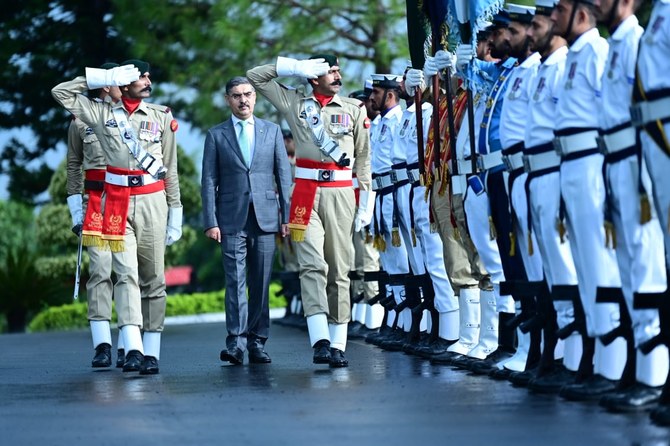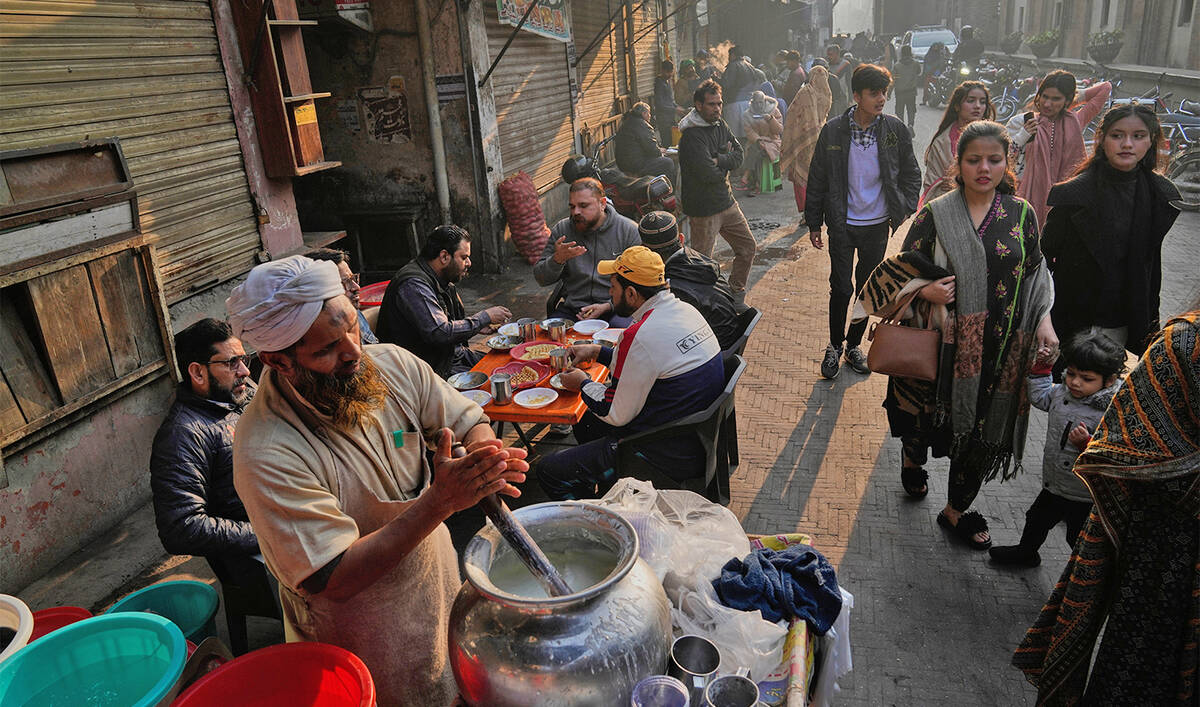ISLAMABAD: The US State Department said on Tuesday Washington looked forward to working with caretaker Pakistani Prime Minister Anwar-ul-Haq Kakar as he prepared to hold general elections, which are due in November but widely expected to be delayed.
Kakar, a little-known politician who is believed to be close to the military and hails from the remote southwestern province of Balochistan, was sworn in as Pakistan’s caretaker prime minister on Monday. He will oversee the conduct of general elections at a time that the country navigates a multitude of political and economic problems.
Under Pakistan’s constitution, a neutral caretaker government must hold general elections within 90 days of the dissolution of the parliament’s lower house, which in this case means early November. However, the ballot may be delayed as the Election Commission, after the approval of the results of the latest census, has to first draw new boundaries for hundreds of federal and provincial constituencies and set an election date based on that.
“We look forward to working with the interim prime minister and his team as they prepare to hold elections,” a State Department spokesperson said at a press briefing.
“We, of course, will continue to partner with Pakistan on areas of mutual interest, including our interest on Pakistan’s economic stability, prosperity, and security, and the conduct of free and fair elections and the respect for democracy and the rule of law.”
With widespread concerns that polls may be delayed, the choice of caretaker prime minister has assumed greater importance. Kakar will also have extra powers to make policy decisions on economic matters after changes to Pakistan’s election laws by the outgoing government of Shehbaz Sharif.
Among Kakar’s top challenges is economic stabilization, with the $350 billion economy on a narrow recovery path after an ongoing $3 billion International Monetary Fund bailout averted a sovereign debt default. Economic reforms have already fueled historic inflation and interest rates.
Political uncertainty is also a factor after the jailing of former prime minister Imran Khan and a ban on him running for political office after being convicted in a graft case. Independent analysts say Khan’s continued detention so close to general elections will raise questions about the credibility of the election as the ex-premier is arguably the country’s most popular politician.














